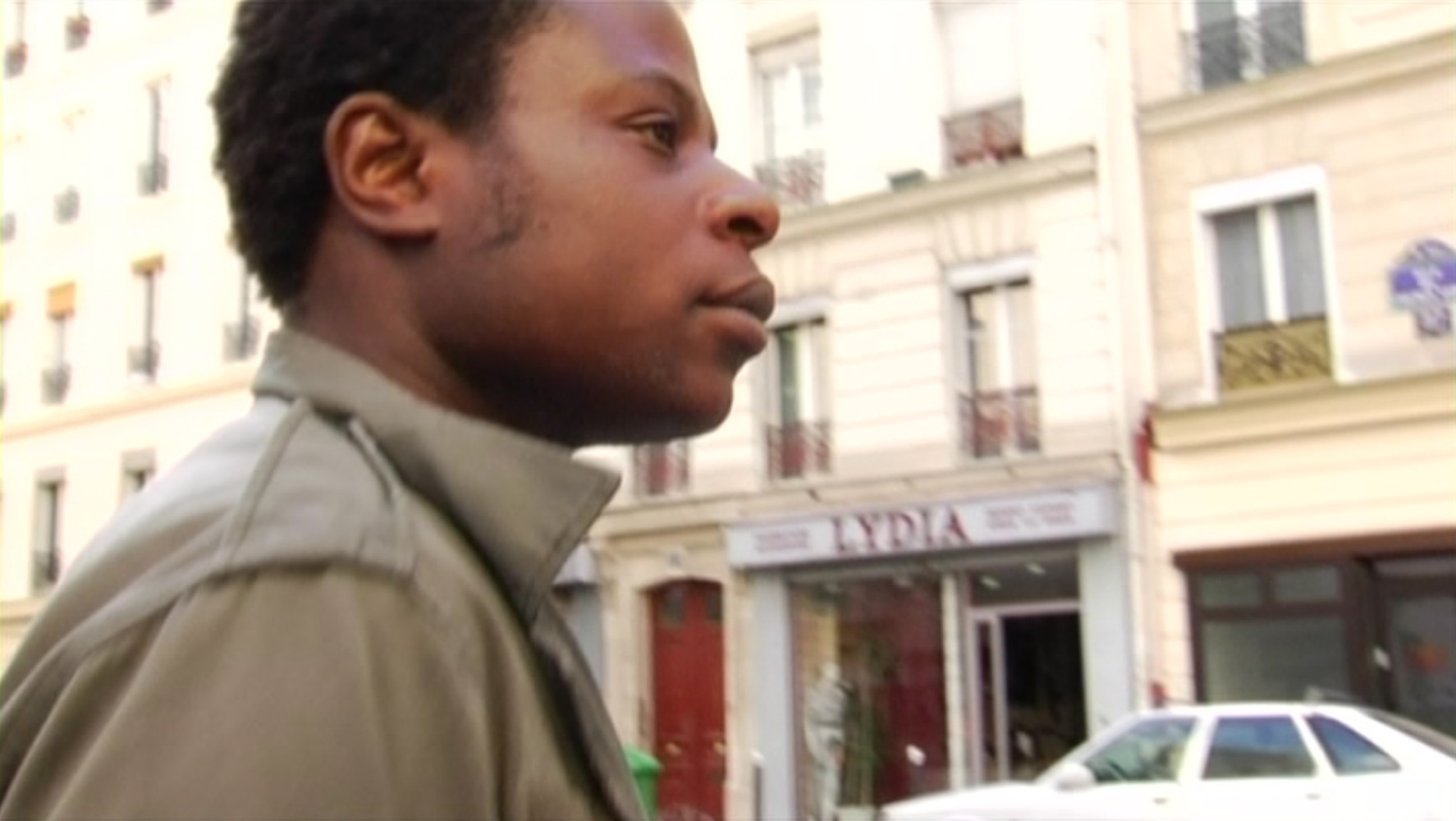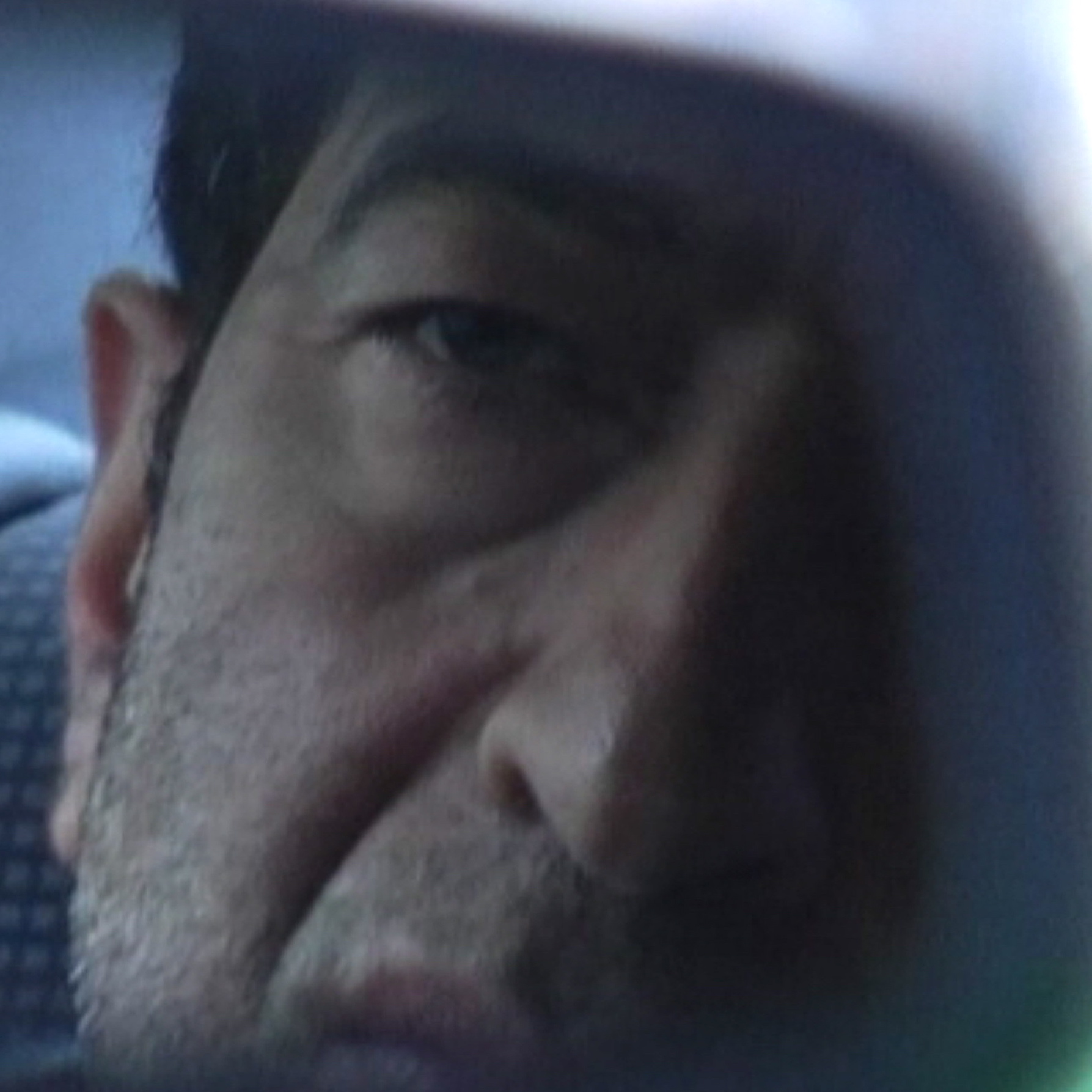Exploring racism, taboos, and intercultural tensions in Rachid Djaidani’s Rengaine
In 1986, three years after the historic anti-racism marches in France – derided by the French media as a Marche des Beurs – a swarthy, curly-haired, slightly androgynous looking Algerian and what looked like an outfit of Andalusian outcasts struck terror and awe into the heart of every proud and respectable child of Gaul. Belting out a punkish, acerbic take on Charles Trenet’s nonchalant, patriotic 1940s ditty, Douce France, doused with a copious dose of vitriol and wit, Rachid Taha effortlessly criticised the sociocultural conditions of French Arabs and North Africans in the 80s. Sweet France, he sang in his now-signature guttural snarl and growl, to the sound of a warbling synthesiser and the beat of a banal drum machine, dear country of my childhood! Cradled in carefree tenderness have I kept you in my heart … Yes, I love thee … in times both good and bad …
Taha was by no means alone in his biting critiques; pejorative French attitudes towards Arabs and North Africans from the latter half of the 20th century till the present day have been widely documented in works of music, cinema, visual art, and literature, by artists both Arab and North African, as well as European. However, analysing such material, it is often tempting to draw a sort of absolute Manichaean dichotomy of good versus evil, the lovers of freedom and justice against the blind oppressors. When it comes to the question of intercultural tension, prejudice, and racism in an Arab and North African context, Arabs and North Africans are largely depicted as being on the receiving end, and less often as propagators of discrimination themselves. While to Western eyes, the idea of the ‘underdog’ himself being guilty of perpetuating the very sentiments he so abhors may come as a bit of a surprise, racism and assumed superiority vis-à-vis select groups and individuals in Middle Eastern and North African cultures have long been malaises chronic and unabating.
A few weeks ago, I was invited to co-present a screening of Rengaine by Rachid Djaïdani (a French filmmaker of Algerian and Sudanese descent) at the Cinefranco film festival in Toronto. Like some of the other films dealing with North African culture that were shown at the festival, such as Nabil ben Yadir’s The Marchers (based on the aforementioned anti-racism protests in France) and Babek Aliassa’s Halal Butcher Shop, Rengaine, too, deals with the oft-tackled subjects of racism and prejudice; however, what I feel differentiates Djaïdani’s film from those of his contemporaries and makes it particularly interesting is the fact that the ‘culprits’ aren’t French, or European, but rather Algerian. As well, within a story rife with intercultural tension and misunderstanding, Djaïdani touches upon myriad social problems prevalent throughout the Middle East and North Africa, such as patriarchy, male dominance, homophobia, and notions of honour. What makes Rengaine especially praiseworthy is the absence of finger-pointing or vilification; rather, the individuals are portrayed – against a backdrop of sleepy, smoky jazz piano runs and languid, extenuated scenes of a Paris dotted with headlights and neon signs – as humans, naked before their audiences with all their faults and virtues. One is forced here to regard the same issues through the lenses of Djaïdani’s many eccentric characters, whom they are able to at once condemn and feel empathy for; there is no black and white – only a slew of murky grey areas, the red, white, and blue of the Tricolore, and the hushed hues of Paris at dusk.
The crux of Djaïdani’s poignant and almost painfully simple tale of cultures in ‘conflict’ is the relationship between Dorcy, a black Christian theatre actor, and Sabrina, an Algerian Muslim. Unluckily for Dorcy, Slimane – Sabrina’s brother and the accepted head of the family – isn’t all that thrilled when he hears about their love affair, and to make things worse, he’s not the only one they have to deal with: a testament to her father’s prodigious virility, Sabrina has 39 other brothers, each of whom Slimane informs and solicits help from. His little sister wanting to marry a ‘negro’ – and a Christian one, at that – being too much for him to digest, Slimane decides to take things into his own hands, and embarks on a manhunt across Paris for Dorcy. The film, for all its weighty subject matter isn’t all that dark, though; tastefully peppered throughout are humorous moments which serve to further highlight the actual triviality of the issues at hand, as well as vignettes that brilliantly shine a light on Arabo-French, ‘black’ and ‘white’, and Christian-Muslim relations in France. Outside a mosque, one of the brothers wryly tells his black friend that he’d never allow him to marry his daughter; in another scene, a dealer reminds Dorcy of the bleak fact that there have never been any famous black actors in France, and, upon being warned by his Muslim friends about what he’s gotten himself into, he retorts by pointing out the fact that they’re drinking during Ramadan. The dialogues have been expertly crafted (not surprising, considering it took Djaïdani nine years to make the film) and are all very tongue-in-cheek, allowing audiences to expose themselves to and explore social tensions and taboos in a way both illuminating and comical; and, given Djaïdani’s mixed Algerian-Sudanese roots, his witticisms and critiques are all the more credible and piercing.

As much attention as it begs - and deserves - from an artistic and sociocultural standpoint, and despite its more lighthearted moments, Rengaine is not a particularly ‘easy’ film. Truth be told, it took me two views to fully appreciate its messages and intricacies, and were I to watch it again would I perhaps uncover yet another subtle layer laden with symbolism, imagery, and emotions. For one, the film beings with a series of fluttering, haphazard scenes and close-ups, which can make it hard for one to truly delve into the thick of things and establish connections with the characters. As well, at times – especially in the early minutes of the film – there is the fear that Djaïdani is getting too ‘artsy’ and postmodern with Dorcy and Sabrina’s theatrical interludes, and the rather slow pace and sparse dialogue can leave one scratching their head as to what Rengaine is all about.
Rengaine is, from the outset, pervaded by hope … hope that social constructs and expectations will be seen as walls to be broken down, and not emotional and psychological confines breeding ignorance, blind hatred, and prejudice
As soon as these difficulties dissipate, though, Djaïdani again challenges audiences with the issues he introduces, as well as his characters. Sabrina criticises one of her brothers for only being Algerian when it suits him; that is, he’s free to date Christians, but he’s ill at ease with the prospect of his sister doing so. Such characters are easy to denounce on screen, although they also force one to consider whether they too are guilty of being opportunists – especially in cases where one finds themselves between two cultures. As well, though at the outset, Slimane appears for all practical purposes to be the film’s malefactor, as the film progresses one comes to sympathise with him, and regard him not as one inherently prejudiced, ignorant, and overbearing, but rather as an individual trapped by his circumstances. ‘I’m a wall,’ he tells his Jewish girlfriend after she reproaches him for not having the courage to divulge their affair to his family, ‘but I’ll break for you’. As the male head of a family in a culture where patriarchy rules, religion defines, homosexuality is taboo, and age-old prejudices are inherent, Slimane has in a way been coerced to become the callous, protective, and macho figure he has become - a fact that arouses as much pity as it does anger, particularly in a scene where he confronts his gay, elder brother (stripped of his legitimacy as the family patriarch) who, when held at gunpoint, remarks indifferently that he is ‘already dead’ – not unlike Slimane himself, a victim of social and cultural impositions and expectations.
Over the past couple of months, I have, in a way, lived with Dorcy and Slimane and their woes and complexities, from when I first watched Rengaine to when I shared my thoughts about the film at its screening in Toronto, and now, that I’ve felt compelled to elaborate on those thoughts. As a film that brilliantly explores intercultural tensions and racism from a less-taken perspective, and that in a French context points the finger away from the Frenchman or European and towards the director’s own culture, it is laudable both as a formidable piece of cinema, as well as a moving sociocultural critique. No conclusions or judgments are, or can be made, both on the part of Djaïdani and the audience, and though the issues it deals with and the grey areas it explores are - for all their triviality - rather dark and unsavoury, Rengaine is, from the outset, pervaded by hope; hope that a black Christian and a Muslim Algerian can love each other despite their worlds being against them; hope that social constructs and expectations will be seen as walls to be broken down, and not emotional and psychological confines breeding ignorance, blind hatred, and prejudice, and hope that all can hold back from their inner demons - lest love lose its way.

